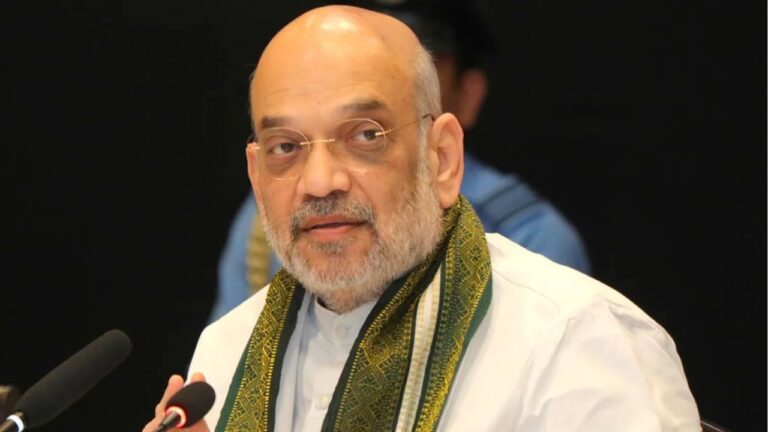News Desk, Kolkata : The Indian government, led by Central Home Minister Amit Shah, has taken a significant step to enhance internal security by imposing strict restrictions on travel between India and Myanmar. In a recent announcement on Thursday, Amit Shah stated that unauthorized movement between the two countries would no longer be allowed, aiming to bolster the safety of the border areas and protect northeastern India. This decision was made to strengthen the security measures along the border and was endorsed by Prime Minister Narendra Modi.
Amit Shah mentioned on Twitter that the “Free Movement Regime” between India and Myanmar is now discontinued. The decision stems from the need to ensure the safety of the country and secure northeastern India amid concerns related to internal security. While the Foreign Ministry initiated the process, the Home Ministry has promptly ordered its immediate cessation.
In a significant update shared by Amit Shah on Tuesday, it was revealed that approximately 1643 kilometers of the border between Myanmar and India would be sealed. This hinted at the imminent closure of unrestricted movement that had been allowed under the “Free Movement Regime.” For years, citizens from both countries could travel up to 16 kilometers across the border without requiring formal approval. However, the deteriorating situation in Myanmar prompted the central government to revise its decision.
The situation in Myanmar has undergone drastic changes since 2021, marked by a military coup that led to the arrest of the country’s leader, Aung San Suu Kyi. Subsequently, by the end of 2023, tensions escalated, particularly in the Rakhine region, where intense clashes erupted between rebel groups and the military. The turmoil reached such a point that discussions about India’s involvement in the region have become highly contentious.
The Indian government’s decision to tighten border security comes at a time when the situation in Myanmar continues to be tumultuous. The October of the previous year witnessed intense conflicts in Myanmar’s Rakhine state, involving rebel groups in armed confrontations with the military. The escalating crisis prompted the Indian government to reevaluate its stance on unrestricted cross-border movement.
The Free Movement Regime, which allowed citizens from both countries to travel within 16 kilometers of each other’s border without formal authorization, was initially established to foster regional cooperation. However, the recent unrest in Myanmar has compelled the central government to prioritize the safety of its northeastern regions, leading to the decision to discontinue this regime.
This move by the Indian government underscores the evolving dynamics of its relationship with Myanmar, acknowledging the changing geopolitical landscape in the region. The decision to seal a significant portion of the border is a strategic step to safeguard national security interests and address the challenges posed by the volatile situation in Myanmar.
As tensions persist in Myanmar and the security situation remains precarious, India’s decision reflects a commitment to fortify its borders and protect its citizens. The narrative unfolds against a backdrop of geopolitical shifts, regional conflicts, and the imperative to balance internal security with international relations.
DISCLAIMER
Our news media denounces any form of bias and disapproves of sensationalism. The disseminated news is entirely educational and aimed at social awareness. Our media maintains absolute impartiality, adhering solely to the purpose of education and social consciousness.


